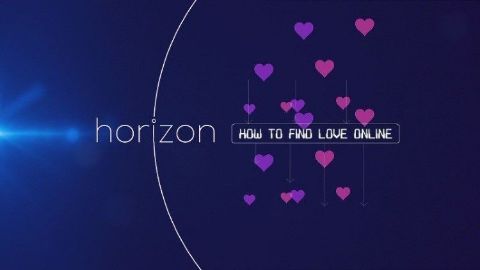The Science of Sleep: How To Sleep Better • 2019
The British Sleep Council says that 70 per cent of people in the UK do no get enough sleep. Gaby Roslin and Amir Khan present the first of two programmes in which they aim to put things right, applying the latest science to some of the worst sleepers. They include a sleep deprivation experiment, as well as help for an extreme snorer and a man who suffers from night terrors. A woman who has restless leg syndrome, and a man who has had chronic insomnia for 20 years. The sleep deprivation experiment continues, setting up a mini casino to test for risky behaviour, pain resistance and emotional control. Finally, as the subjects reach the final hours of the challenge, the experiment begins to take its toll as the participants' emotions go into overdrive, with one threatening to quit altogether.
Make a donation
Buy a brother a hot coffee? Or a cold beer?
Hope you're finding these documentaries fascinating and eye-opening. It's just me, working hard behind the scenes to bring you this enriching content.
Running and maintaining a website like this takes time and resources. That's why I'm reaching out to you. If you appreciate what I do and would like to support my efforts, would you consider "buying me a coffee"?
Donation addresses
BTC: bc1q8ldskxh4x9qnddhcrgcun8rtvddeldm2a07r2v
ETH: 0x5CCAAA1afc5c5D814129d99277dDb5A979672116
With your donation through , you can show your appreciation and help me keep this project going. Every contribution, no matter how small, makes a significant impact. It goes directly towards covering server costs.





